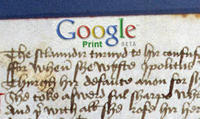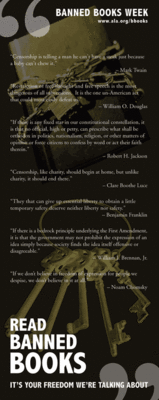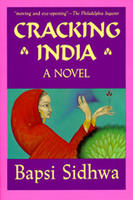NYT OpEd in favor of Google Print Library Project

I hate to link an NYT article since they put them behind a pay-for archive after only a week. But here the NYT comes out in favor of the Google Library Project, which I also think would be a boon to authors, a great asset to readers, and would make the internet better generally. I'd have to do more research to determine whether I think the project involves any copyright infringement under the Copyright Act or whether it's fair use, however, offering consumers snippets of books or articles is clearly fair use. On the other hand, Google would be making full copies of many books by scanning them all into a massive database. I know that Amazon does something similar that allows consumers to search books, I wonder how if they obtained permission to do that.
What's causing all the fuss? Google has partnered with the University of Michigan, Harvard, Stanford, the New York Public Library and Oxford University. Google will scan and index their library collections, so that when a reader searches Google Print for, say, "author's rights," the results point to books that contain that term. In a format that resembles its current Web search results, Google will show snippets (typically, fewer than three sentences of text from each page of each book) that include the search term, plus information about the book and where to find it. Google asserts that displaying this limited amount of content is protected by the "fair use" doctrine under United States copyright law; the Authors Guild claims that it is infringement, because the underlying search technology requires a digitized copy of the entire work.NYT OpEd -- Search and Rescue
...
A search engine for books will be revolutionary in its benefits. Obscurity is a far greater threat to authors than copyright infringement, or even outright piracy. While publishers invest in each of their books, they depend on bestsellers to keep afloat. They typically throw their products into the market to see what sticks and cease supporting what doesn't, so an author has had just one chance to reach readers. Until now.
Here's more info via the Trademark Blog:
Author's Guild Press Release re their class action suit against Goolge.
Google's Response.
EFF in favor of Google Print.
Prof Patry thinks Google needs permission.


















 <
?
law blogs
#
>
<
?
law blogs
#
>
